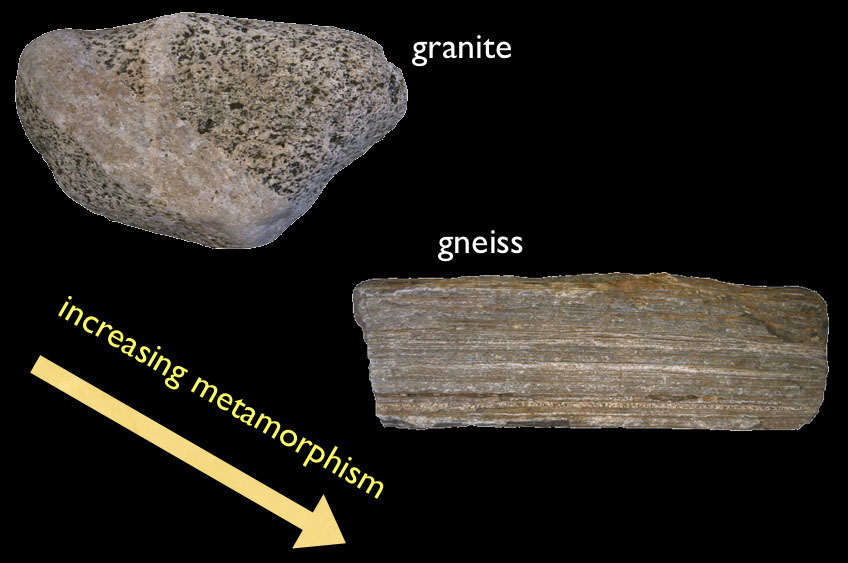Sterling igneous suite granite gneiss pale pink to gray medium grained granite gneiss commonly with small porphyroclasts of microcline orthoclase.
What is older granite that intruded or gneiss.
Has pronounced phacoidal texture.
The presence of two generations of granitic rocks in the gneiss domes he examined led eskola to suggest that the gen eral condition for gneiss dome formation is the superposition of two orogenic events.
Gneiss dome core consists of older prekinematic granites and coeval synkinematic migmatite intruded during gneiss dome formation.
Which is older and why.
Interpreted as having been intruded into original grenville series.
Irregular bodies of granite gneiss are interleaved with the layered gneisses in the northern part of the teton range.
Mt crawford granite gneiss hypothesis 4 the granitic gneiss is an early delamerian granite intruded during or just before the first phase of delamerian deformation similar to the rathjen gneiss.
Compositions range from quartz monzonite to granite.
Massive fine grained phases discordantly intrude massive coarse grained phases which are concordant with the older augen gneiss.
Was probably an intrusive magma with gradational contacts or a mobilized component of the metasomatic microcline augen gneiss.
The oldest components of the gneiss are between 3 500 and 3 100 ma in age but later at around 2 600 ma after most deformation and metamorphism had ceased the gneiss was intruded by several large bodies of granite which have not been metamorphosed.
8 10 37 table pl.
The rock in the lower hill in the foreground is gneiss and migmatite of the the highly metamorposed and intruded skagit gneiss complex part of the chelan mountains terrane.
Similar to alaskite gneiss but with more than 3 dark minerals.
Granite intruded into mafic dikes which in turn cross cut granite.
A gently sloping contact between the granite and the older overlying gneiss and schist can be seen in cliffs along canyons east of the continental divide where also light colored pegmatite veins extend in all directions through the gneiss and schist.
All these rock types can be observed at close hand along trails in these areas.
You go to mount rushmore and see a blob of what appears to be black granite in that beautiful white gneiss.
The granite gneiss is relatively coarse grained streaky gray or pink and composed principally of quartz feldspar biotite and hornblende.
Miller described hawkeye granite as a facies of his lyon mountain granite but it is here considered to be an older spearate unit.
Composition is granite with generally less than 3 dark minerals.









